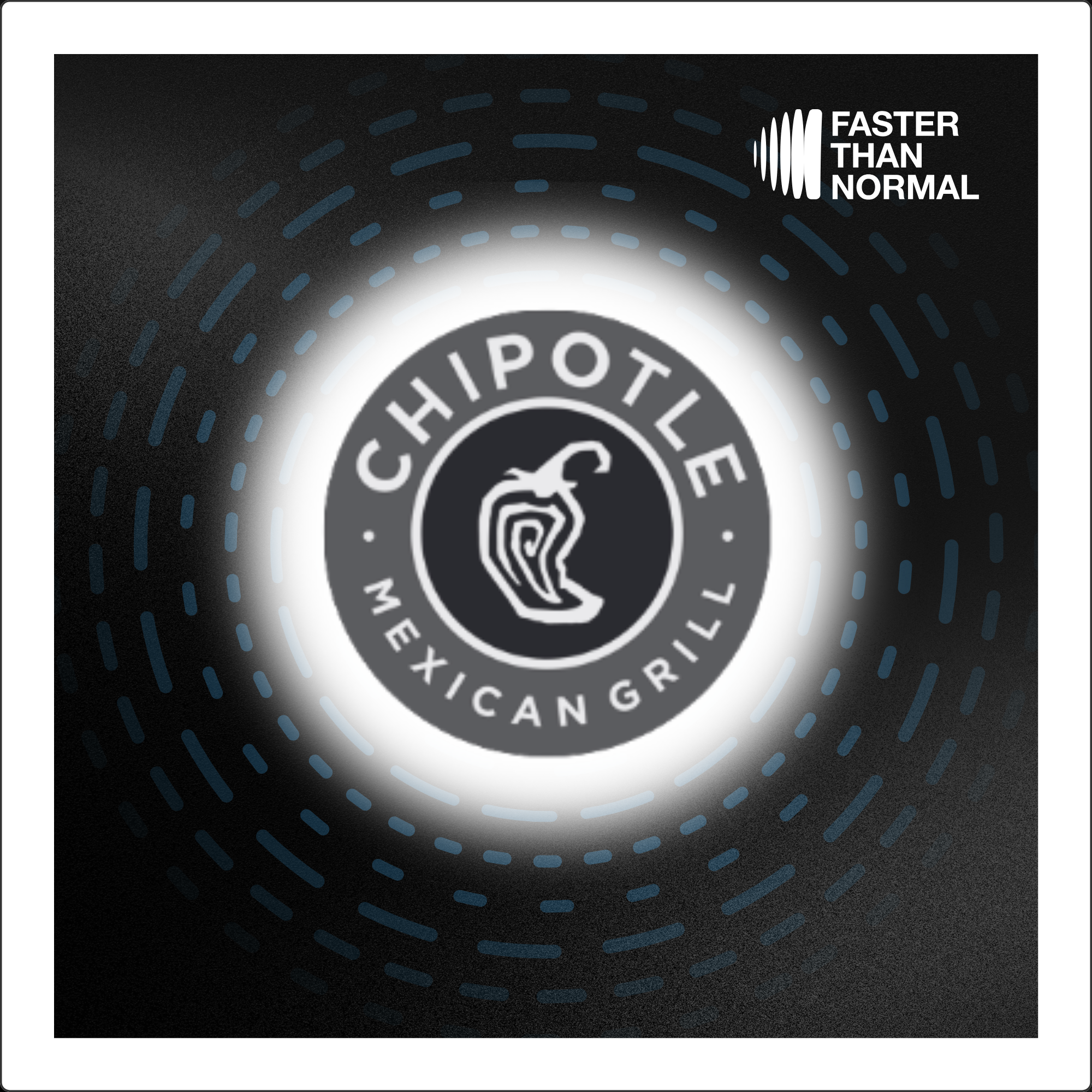Faire
.png)
Faire
Faire started in a tiny San Francisco apartment in 2017. Max Rhodes, Marcelo Cortes, Daniele Perito, and Jeff Kolovson had an idea: connect small retailers with unique brands. Simple. But not easy.
The founders knew the pain of wholesale firsthand. Rhodes had struggled to sell high-end umbrellas to boutiques while at Square. The process was clunky, inefficient. Archaic.
"We saw an opportunity to use technology to make wholesale more like a modern e-commerce experience," Rhodes said.
They built a basic platform. Launched. Crickets.
The chicken-and-egg problem plagued them. Retailers wouldn't join without brands. Brands wouldn't join without retailers. Classic marketplace dilemma.
But they persisted. Hustled. Cold-called. Drove to trade shows. Slowly, painfully, they built supply and demand.
Their big break? Net 60 terms. Retailers could try products for 60 days before paying. Revolutionary for small shops.
"We realized we had to take on risk to create value," Kolovson explained. "It aligned our incentives with our customers."
It worked. Growth exploded. But with growth came challenges.
Returns skyrocketed. Some retailers abused the system. The founders pulled all-nighters, frantically tweaking algorithms, policies, operations.
"There were moments we thought it might all fall apart," Perito admitted.
They powered through. Refined. Improved. By 2019, Faire was processing millions in sales monthly.
Then Covid hit. Panic.
But a funny thing happened. As stores closed, many retailers turned to Faire to source inventory online. The pandemic accelerated their digital transformation.
"We saw five years of e-commerce adoption in about five weeks," Rhodes said.
Faire raised $170 million in 2020. Then $260 million in 2021. Then $400 million more. Valuation hit $12.4 billion.
Today, Faire connects 350,000 retailers with 70,000 brands across North America and Europe. Their mission: empower entrepreneurs to chase their dreams.

But they haven't forgotten their roots.
"We're still obsessed with solving problems for our customers," Cortes said. "That's what gets us up every morning."
The journey wasn't easy. It rarely is for startups. But Faire's story shows what's possible with the right idea, timing, and a whole lot of grit.
From a tiny apartment to a multi-billion dollar company in just five years. Not bad for four guys selling umbrellas.
Lessons
Lesson 1: Build for the underserved. Faire saw an opportunity in the wholesale market that others missed. They focused on small, independent retailers - a group often overlooked by big players. "We saw an opportunity to use technology to make wholesale more like a modern e-commerce experience," said Max Rhodes. By zeroing in on this niche, they created a loyal customer base that felt understood and supported.
Lesson 2: Take risks to create value. Faire's game-changing move was offering Net 60 terms. This was risky. Really risky. But it solved a huge pain point for small retailers. "We realized we had to take on risk to create value," explained Jeff Kolovson. This willingness to shoulder risk set Faire apart and fueled their explosive growth.
Lesson 3: Embrace the chicken-and-egg problem. Most marketplace startups run from it. Faire ran straight at it. They knew they needed both retailers and brands to make their platform work. Instead of trying to solve it with fancy tech or growth hacks, they got scrappy. They cold-called. They drove to trade shows. They built supply and demand the hard way.
Lesson 4: Create a viral loop with asymmetric incentives. Faire's referral program rewarded brands for bringing on retailers, not the other way around. Why? Because each new retailer was likely to buy from multiple brands. This asymmetry fueled rapid growth. Sometimes the most effective referral programs aren't reciprocal.
Lesson 5: Embrace imperfection. Faire's leaders talk openly about struggles and setbacks. "There were moments we thought it might all fall apart," admitted co-founder Daniele Perito. This honesty is refreshing. It makes Faire's success feel more attainable to other entrepreneurs. Perfect is boring. Real is inspiring.
Speeches and Interviews
- The Future of Retail with Max Rhodes, CEO of Faire at Collision
.png)









.png)

.png)
.png)
.png)
.png)


.png)























.png)




.png)


.png)






.png)

.png)


.png)
.png)